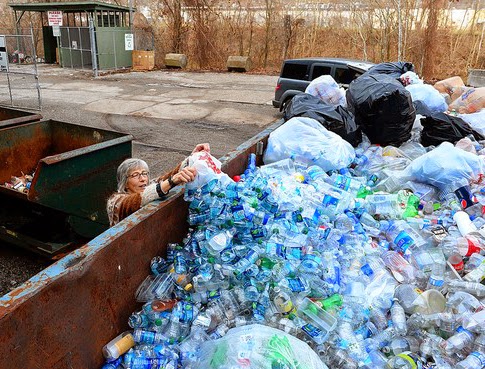Several states with large rural populations are making the push to encourage more rural students, especially those from low-income families, to attend college by allowing students to earn college credits while still in high school, Mary Beth Marklein reports for
USA Today. "The push reflects a broadening effort by state legislatures and
governors to boost college completion rates. Studies show that students
who take college-level courses while in high school are more likely to
complete a college degree."
 |
| Gov. Gary Herbert |
In Utah, Republican Gov. Gary Herbert "signed into law a
$1.3 million program that lets high school students who live in remote
areas of the state take college-level courses as part of their high
school studies through live videoconferencing," Marklein writes. "Wyoming offers a loan
repayment plan for high school teachers in the state who take extra
courses that make them eligible to teach college-level courses. Rural
Colorado schools can receive $500 for each student who completes an
Advanced Placement course and exam under a pilot project that will begin
this fall."
Other states, such Texas, Oregon
and Kentucky have borrowed "from a New York initiative that boosted high
school graduation rates and college-going rates among poor students in
Harlem," Marklein writes. "In addition to helping link students with college classes, the programs,
some of them federally funded, aim to create a 'college-going culture,'
in some cases by introducing college concepts to fifth-graders and
their parents."
Jeff Charbonneau, a
high school teacher in Zillah, Wash., who teaches college level classes, told Marklein, "Oftentimes, urban students (are) able to see colleges around them, and
rural students don't have that opportunity. It's about not only about raising standards in terms of what
is being taught, it's also about raising awareness." (
Read more)




















